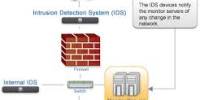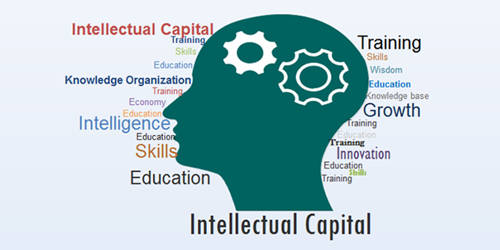Knowledge sharing is an activity in which knowledge (namely, information, skills, or expertise) is communicated among individuals, friends, peers, families, communities (such as Wikipedia), or inside or between companies. It is the process of passing on knowledge, skills, or expertise from one person or organization to another. It connects individual and organizational knowledge, increasing absorptive and innovative capacity and resulting in a long-term competitive advantage for both firms and individuals. Knowledge sharing is an essential component of the knowledge management process. It is a crucial component of learning, teamwork, and the overall growth of civilization.
Social media, in addition to traditional face-to-face information sharing, is a useful tool since it is convenient, efficient, and widely used. Organizations have recognized that knowledge is a key intangible asset for establishing and maintaining competitive advantages. However, technology is only one of several elements that influence knowledge sharing in businesses, including organizational culture, trust, and incentives. Because some individuals are resistant to sharing their expertise with the rest of the business, knowledge sharing is a key difficulty in the field of knowledge management.
Here are some key points and benefits of knowledge sharing:
- Transfer of Information: It enables the transfer of information from those who possess it to those who need it. This can include data, facts, insights, or experiences.
- Learning and Growth: It promotes continuous learning and personal growth. When individuals share their knowledge, they often receive feedback, new perspectives, and additional information, which can enhance their understanding.
- Problem Solving: It can help solve problems more efficiently. By pooling collective knowledge, groups can find innovative solutions and avoid repeating mistakes.
- Improved Decision-Making: In organizations, informed decision-making is critical. Sharing knowledge allows decision-makers to access a broader range of information and viewpoints, leading to better choices.
- Enhanced Collaboration: Knowledge sharing fosters collaboration and teamwork. When individuals freely share their expertise, it can lead to increased trust and cooperation among team members.
- Innovation: New ideas often emerge from the combination of existing knowledge. When people from different backgrounds share their expertise, it can spark innovation and creative thinking.
- Increased Productivity: Access to relevant information and expertise can improve productivity. Team members can avoid time-consuming searches for information and instead focus on their tasks.
Websites and mobile applications facilitate knowledge or talent sharing between individuals and/or among teams in the digital age. Individuals can easily reach out to those who want to learn and give their talent in order to be rewarded.
Organizations frequently use numerous tools and tactics to enable effective information sharing, such as knowledge management systems, training programs, mentorship, and collaborative platforms. Creating a culture that supports and fosters information sharing is also critical to its success. This involves recognizing and rewarding individuals and teams who actively contribute to knowledge sharing.
















